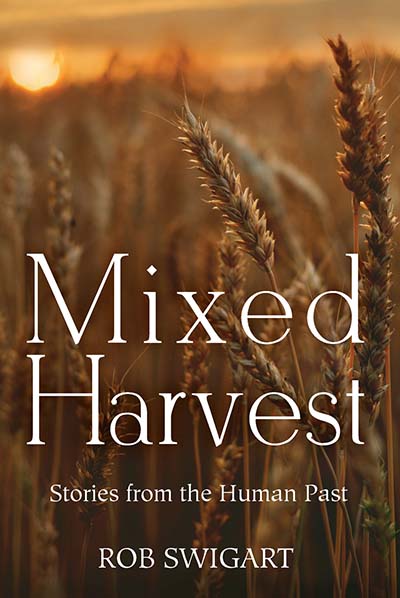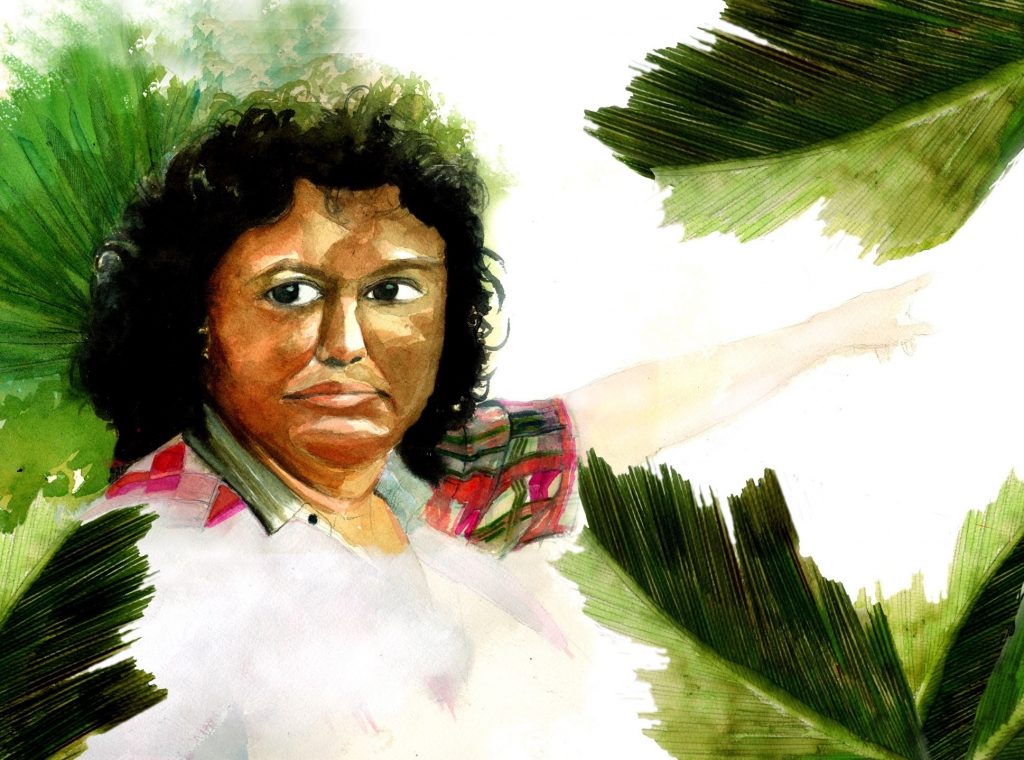Category: In Their Own Words
Of Soldiers and Dreamers: Peter Lilienthal in Latin America
by Claudia Sandberg
Claudia Sandberg is the author of Peter Lilienthal : A Cinema of Exile and Resistance.
Sitting at a wooden bench, the young woman Marcela follows the teacher attentively. She has decided to take part in the literacy campaign that was launched by the Unidad Popular government. In a group with other woman, they have gathered in the meeting place and school of the shanty town community La Victoria, situated at the fringes of the Chilean capital, to get trained for this task. The teacher in front holds up a poster that shows a family of three generations. Below appears the Spanish word HOGAR (home). Marcela protests that this image surely does not represent the reality of many people. The other women chime in by referring to their own situation; they are married, divorced, or widowed, they live alone, with their children or with their parents. The word home means something different to each one of them.
Continue reading “Of Soldiers and Dreamers: Peter Lilienthal in Latin America”A Taste for Oppression
An interview with Ronan Hervouet following the 2020 Belarus Election
13 August 2020
Continue reading “A Taste for Oppression”Meet the Author: Gaëlle Fisher
Dr. Gaëlle Fisher’s recent monograph, Resettlers and Survivors: Bukovina and the Politics of Belonging in West Germany and Israel, 1945–1989, explores some of the more complex reverberations of World War II. It is the third volume in Berghahn’s growing Worlds of Memory series, published in collaboration with the Memory Studies Association.
Continue reading “Meet the Author: Gaëlle Fisher”Freed from Fear and Sadness: The New Germany
Michael Meng and Adam R. Seipp
The writing of German history since 1945 has often, if not excessively, been shaped by critical and negative attitudes; or, as Baruch Spinoza would put it, by excessive fear and sadness in the face of human suffering. Ruination, mourning, absence, destruction, and failure are the leitmotifs of postwar German historiography. Amid this chorus of negativity, however, a few exceptions stand out. One of whom is our mentor, Konrad Jarausch, who over the past decade or so has written several books on Germany’s transformation into a rational democratic society––the very society that Spinoza suggests can achieve peace insofar as it frees people from the negative and divisive emotions of sadness and fear.
Continue reading “Freed from Fear and Sadness: The New Germany”Meet the Author: Stewart Anderson
Stewart Anderson is an Assistant Professor at Brigham Young University and holds a doctorate from SUNY Binghamton. He is the author of A Dramatic Reinvention: German Television and Moral Renewal after National Socialism, 1956–1970, new from Berghahn Books. In addition, he is the co-editor of Modernization, Nation-Building, and Television History (Routledge 2014).
Viktor Frankl: 75 years after the liberation of Auschwitz
TIMOTHY E. PYTELL
The recent United Nations General Assembly declaration that the anniversary of the liberation of Auschwitz – January 27 – be designated International Holocaust Remembrance Day reflects the reality that the Holocaust has become a touchstone in global memory. Given the magnitude of the “unprecendented” destruction, this is not surprising. However, the conflation of the Holocaust with Auschwitz also distorts our understanding. For example, although Auschwitz is the culmination of the Holocaust, by the time the gas chambers came onto line at Auschwitz in April of 1943 three quarters of the Jews killed in the Holocaust were already dead. The vast majority of the Soviet and Polish Jews were killed east of the Molotov-Ribbentrop line and often by bullets. In Timothy Snyder’s words “Auschwitz is the coda to the death fugue.” (Snyder Bloodlands p. 383).
Continue reading “Viktor Frankl: 75 years after the liberation of Auschwitz”Meet the Editor: Thomas F. King
Heritage/CRM extraordinaire Thomas F. King discusses the allure of archaeology, the evolution of the Cultural Resource Management and Heritage Studies fields, and what it’s like to collaborate with fourteen contributors.
Continue reading “Meet the Editor: Thomas F. King” MINDS: THE ORIGINS OF MIXED HARVEST BY ROB SWIGART
The Origins of
Mixed Harvest
Listen to Mixed Harvest Chapter 2 here.
The recently published Mixed Harvest by Rob Swigart is Berghahn’s latest feat of historical fiction, digging into the deep past of human development and its consequences through a combination of storytelling and dialogue. From the first encounter between a Neanderthal woman and a Modern Human she called Traveler to the emergence and destruction of the world’s first cities, Mixed Harvest tells the tale of the Sedentary Divide, the most significant event since modern humans emerged.
Continue reading “MINDS: THE ORIGINS OF MIXED HARVEST BY ROB SWIGART”



